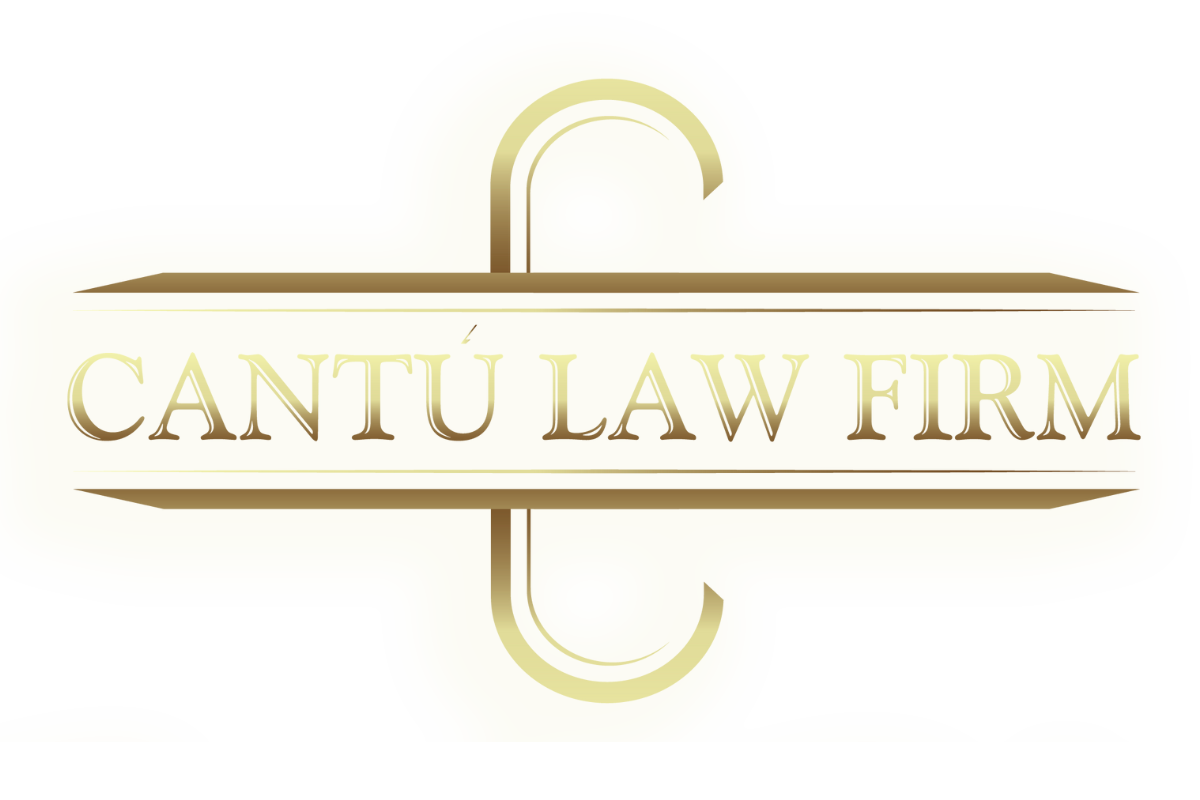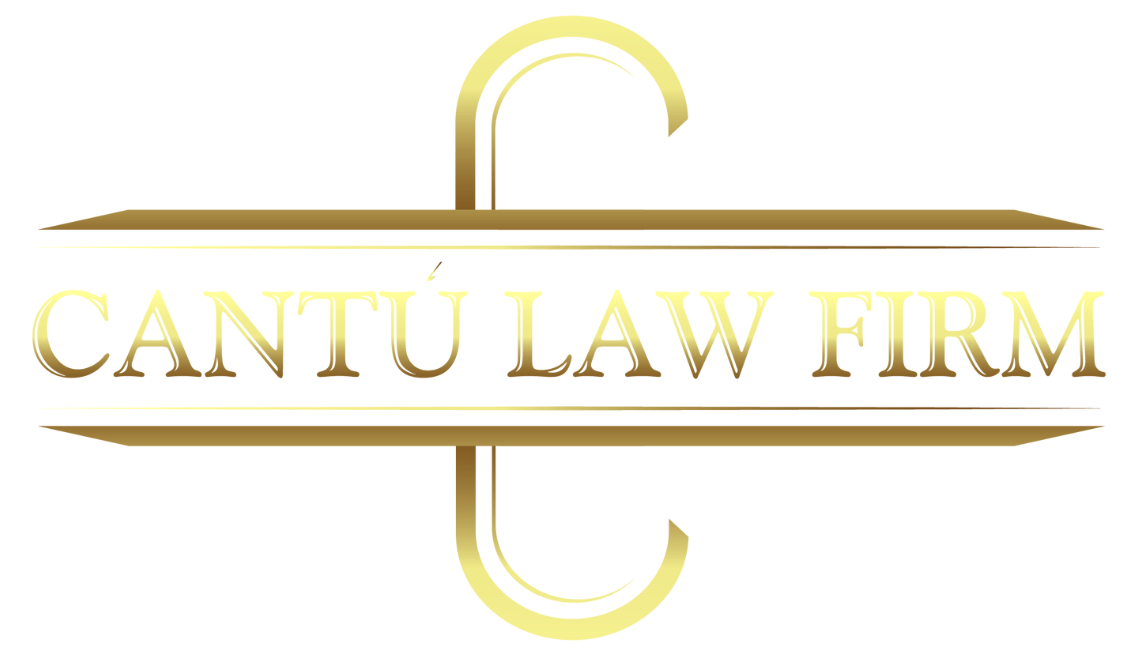- If possible, stay calm. Panicking or getting angry will only make things worse. If you have managed this, then you can remember that we CARE for you and therefore have outlined a simple Mnemonic to remember.
- CARE
- C – Call 911 – Don’t wait until the other party contacts 911. If you have a cell phone handy and are able, call 911. This will secure a recording of the event and a dispatcher to assess the incident, but more importantly will send help your way.
- A – Assess your injuries. This may be the most important step. Make sure you assess your injuries and report any bleeding, bruising, or areas that are hurting to the proper authorities that will arrive. If you have passengers, assess their injuries as well and make sure to report to the proper authorities.
- R – Record all evidence if possible. This includes photos of your vehicle, other vehicles involved, intersection, traffic control signals, and even other parties if they appear intoxicated and or under the influence. This not only helps solidify your case against the responsible party, but also helps us establish context of the accident.
- E – Establish contact with us IMMEDIATLEY! We cannot emphasize this enough. Most people wait a few days or weeks before contacting us. This only helps the other parties and insurance companies. Evidence disappears or is tampered with, injuries are not reported immediately, and the insurance is provided with a huge head start. Contacting us immediately after the accident ensures that your rights are protected, and justice is served.
- CARE
QUESTIONS?
Frequently Asked Questions
I just got hit/into an accident, what do I do now?
I have a pre-existing injury. Does this affect my case?
- The answer is yes and no. Many people suffer from pre-existing injuries. Whether it is high blood pressure, diabetes, old broken bones, a bad back and/or neck, etc. The question we want answered is: Did this accident aggravate those injuries? If the answer is yes, and medical records exist to support such aggravation, then you should be compensated for such exacerbation of those injuries. Calling us immediately and making sure you inform us of this only helps us have a clear understanding of what we are dealing with and how best to help you in your case.
How do I know if I have a case?
- Short answer: by calling us. Long answer: well, it would be too long to write out here. In essence, if you feel that you have done nothing wrong to cause the accident, you may have a case. Even in the situations that you did do something wrong, the other party may be more at fault. Those are all the questions we are equipped to answer when you call us. We will go through a laundry list of questions that will not only help us, but you as well, understand your potential case and assist you making the best-informed decision for you and your family.
What if I was partly at fault for the accident?
- Many people believe they may be at fault, or partly at fault. What one client sees as an action that may signify fault on their part, we may not. However, if you feel that you may be partly at fault, you may still have a case. If we can prove that much of the fault was committed by the other party, you may have a case! Best thing to do is to contact us, we can talk it over and see if you do in fact have any fault.
Do I have a case if I do not feel hurt?
- This is a question that many people have since they may not have felt pain at the time of the accident. What we need to understand is that our bodies are built to defend themselves. Adrenaline in your body does this, giving you superpowers and enabling you to be oblivious to pain at the time of an accident. However, adrenaline may last a few hours or a until the next day. That is when the pain may set in. If you don’t think you are injured, listen to your body. Aches, pains, headaches, ringing in ears, blurry vision, etc., can all be post-accident symptoms. Contacting a medical provider immediately will ensure that your symptoms are adequately calculated and assessed. Call us, we can help with these questions and even find a doctor to help you.
How long does a personal injury case take?
- How long a personal injury case takes depends on several factors. For instance, you may have a case where liability is clear, you sustained injuries, and you have a straightforward claim. However, the other party may have some type of coverage issues, the insurance may attempt to deny liability, or the adverse party is not cooperating with their insurance company. These factors all tend to dictate the length of a personal injury case. Some other factors to consider are injury types or how long a crash victim needs to treat for their injuries. These factors may further delay any potential settlement. On a subjective level, however, we usually see personal policy cases settle within a year or so.
How long do I have to file a personal injury case?
- In Texas, the time limit to file a lawsuit against the responsible party is two years from the date of accident. This is known as the Statute of Limitations. However, just because you have two years does not mean you can wait for the last minute. In fact, many personal injury firms may not take a case a few months or even weeks following an accident if the client has not attended any kind of treatment for their injuries. This is because it makes it more difficult to prove what is needed to compel a justified settlement. Therefore, waiting even a few days is never recommended. By just contacting an experienced personal injury attorney will give you peace of mind that your case can be salvaged.
What is a release in a settlement?
- A release, otherwise known as a general release, is an agreement between the defendant/company/insurance company and the injured victim. The release will usually spell out that in exchange for some monetary consideration, the injured party will forever release the responsible party/driver and insurance company. This can be dangerous if not fully evaluated by an attorney. A perfect example of ours is a 19-year-old female who walked into our office asking if we charged to review a release. This release was from a very well-known insurance. When asked about the accident and the victim told us that she has sustained a broken humerus bone a couple of weeks prior. She also informed the responsible insurance adjuster of this. Even though the insurance knew this, in reviewing the release she brought in, the amount was for $2,500.00! We ended up helping her out and were able to obtain the entire policy the insurance company and driver had available. This was enough to get her to pay not only her hospital bill, treatment, attorneys, and expenses, but a substantial amount for her pain and suffering. Never sign a release if you are not well informed. Call us, this is what we do!
What do I do if an insurance adjuster calls me?
- Don’t give them your life story! All too often victims walk away from an accident only to get a call from the other parties’ insurance company. Insurance adjusters will strategically ask questions that may provoke certain responses, only to use that against you later down the line. For example, if you do not have pain a few hours after the accident, it may be because of your body’s adrenaline rush. If an insurance adjuster calls you later that day and asks if you are experiencing pain at this time, and you answer no, they will inevitably use that against you. We all know that adrenaline wears off, and most people report feeling the most pain a day or two after the accident. If your intention is to hire us, it is always good practice to not speak to insurance, whether yours or theirs. Let us do the talking, that’s what you hire us for.
How do I pay my medical bills until I get my settlement?
- Most injured victims will be transported to a hospital following an accident. Some may have health insurance, others may not. For those who do not have health insurance, the hospital may ask if this is an accident-related injury. Hospitals do this because they want to claim a “lien” against any settlement you may claim, rightfully so. The proceeds should be able to pay for that treatment. Most hospitals and/or ERs will wait until after settlement. If you must see other providers during the meantime for those accident-related injuries, most of those doctors may also wait until after settlement. Your focus should be healing, not worrying about your medical bills. That is the at-fault party’s responsibility, and we make sure that they take care of those bills at the end.
What to do if I get a solicitation call form an attorney after an accident?
- Most accident victims do not understand that an attorney cannot contact you following an accident if you did not consent to the contact. This applies to any extension of the attorney, including staff members or representatives. This is commonly called Illegal Solicitation or Barratry. Sadly, we too often get calls from potential clients (even existing clients) that someone has showed up at their door or work offering attorney services. You may ask, but how do they know about their recent accident? Most “case runners” purchase police reports illegally and solicit victims to sell to attorneys who practice illegal solicitation! Our response is to get their name, number, and any other identifying information so we may report them to the State Bar of Texas for an open investigation. If you have been involved in an accident and were approached by an attorney or representative of, you may cancel the contract with no commitment to them. Furthermore, we ask that you report them to the State Bar of Texas immediately. If you are still thinking of going with an attorney who randomly showed up at your door or called you, then ask yourself this: would you trust someone who, before they begin working for you, is already breaking the law themselves?
How do I make up lost wages during my case?
- Lost wages are a sensitive subject that must be thoroughly analyzed by a seasoned personal injury attorney. Most non-commercial cases will tend to render policy limits without any mention of lost wages. How does this help? Your settlement may not be subject to taxation. When a personal injury victim does include lost wages as a factor in their overall damage model, they may be opening their settlement to taxation on those amounts. Making sure that the release precludes this language and signifies compensation for only personal injury is a crucial step all attorneys must take. Your attorney should be best suited to analyze your case is justified to include lost wages. Call us if you have lost wages questions pertaining to your personal injury case and we would be more than happy to evaluate this for you.
How much is my personal injury case worth?
- The answer to this question varies in many aspects. No one, and I mean no one, will know the real answer to this question until a substantial amount of work has been completed on your case. Questions of past, present, and future medical damages must be accounted for. Lost wages must be contemplated on applicable cases. Pain and suffering, although very subjective, is also a factor in the equation. This and much more must be brought down to a numerical value and legally analyzed by your attorney to make a legal recommendation on a settlement. Having the right attorney who can sit with you, explain the information as it is supposed to be explained, is detrimental to you understanding what your case is worth. Call us, this is what we do. We provide the information so you may make an informed decision about any settlement amounts.
Do I need a lawyer for my personal injury case?
- Here is a past example: Potential new client walks through the door and explains her case to us. She has already received a top offer from her insurance. The offer, in our eyes, was nowhere justified for the injuries and property damage being claimed. Even though she thought it was a good offer, we were able to get her 5 times that amount. In essence, one can attempt to settle their own claims. But ask yourself this question when doing so: Who has the upper hand in that fight, you, or the insurance? The answer may very well be the insurance because this is what they do! Having someone on your side who handles personal injury 100% of the time is your best bet. What may seem like a good offer to you may very well be a terrible offer for us.
How do I pay a lawyer in a personal injury case?
- All personal injury attorneys should work on a contingency fee. This means that the attorney fees are “contingent” upon a successful bodily injury settlement. The fees then come out of the settlement proceeds, usually on a percentage basis. Thus, the remaining amount after medical and legal expenses is usually considered a client settlement proceeds. Therefore, you never should pay a personal injury attorney up front. They should be confident that they can do the work to maximize your injury recovery for them to be compensated for their work and efforts.
Do you all handle my property damage claim as well?
- Yes, in fact not only do we handle your car damages, but we do this free of charge. Too many firms charge a percentage of your total loss of your vehicle or total repairs. We believe that if you trust us to handle your personal injury case, we should reward you with a free service in handling your property damage claim as well.
CONTACT US
Schedule a Free Consultation
We would love to hear from you. Please fill out the brief form below and we will get in touch soon.


